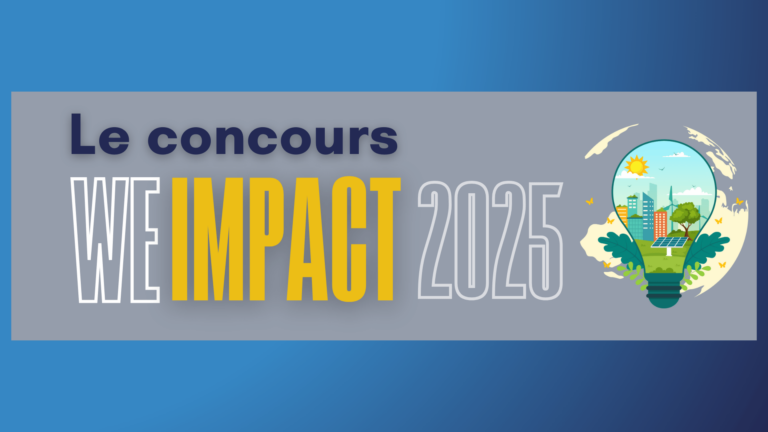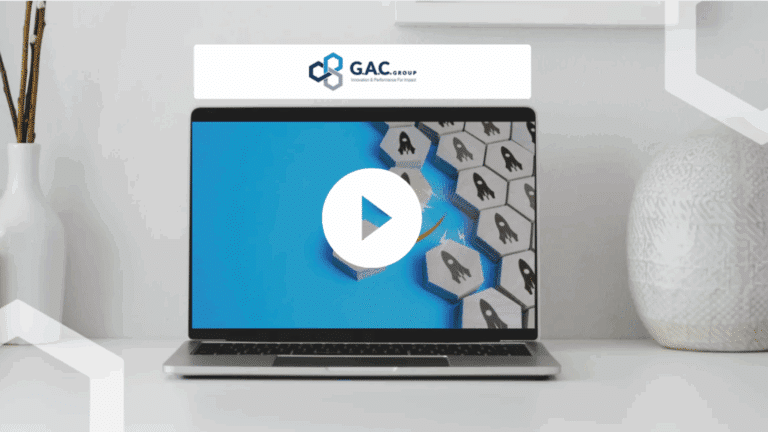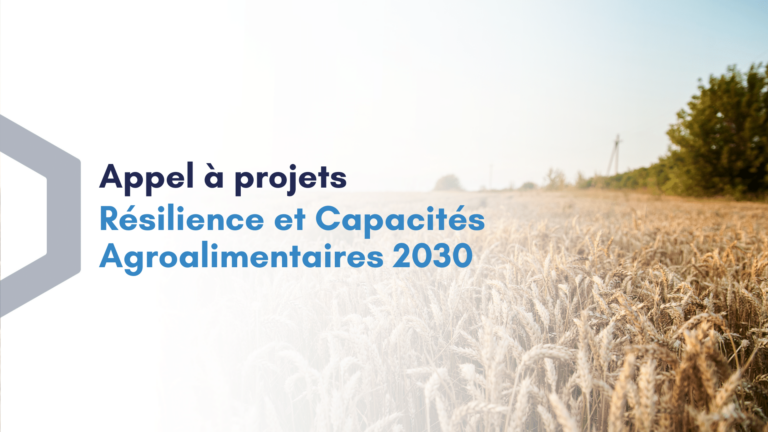The major challenges of decarbonizing industry
The French industry is responsible for 20% of energy consumption and 20% of greenhouse gas emissionsof which 64% is emitted by the most consuming industries: chemical, aluminum and steel, cement, sugar, glass and paper/cardboard production.
With this in mind, the France 2030 program devotes 50% of its budget - or 5.6 billion euros - to the eco-efficiency of industrial sites. This commitment is an integral part of the major acceleration strategies for innovation. Indeed, the strategy "Decarbonization of industry aims to :
- support the development of innovative technologies for a low carbon industry (hydrogen, carbon capture, green logistics, eco-design...);
- finance the deployment of mature solutions for decarbonizing industrial sites (waste recycling, renewable energies...).
The aim of this innovation strategy is to accelerate the response to the challenges of the major industrial sectors that are essential to the region's strategic autonomy. In a context of digitalization of the industry, it is also a question of converge ecological and digital transitions.
What are the national and regional calls for projects dedicated to decarbonization and eco-efficiency of industries?
Consequently, the State and the Regions are opening several calls for projects whose objective is to provide financial support for innovation and investment projects industrial companies.
G.A.C. offers you a selection of about twenty calls for projects opened by the State and the Regions in its new infographic dedicated to aids and subsidies for French industrial companies.
In this infographic, find:
The ongoing calls for projects as well as the dates for the changeover and closing of applications
The regional strategic themes in connection with the industrial sector
The WEIMPACT podcast dedicated to startup Ecollant, specialized in recycling complex textiles.
The web series "Public funding: How to accelerate your innovation and investment projects?"








